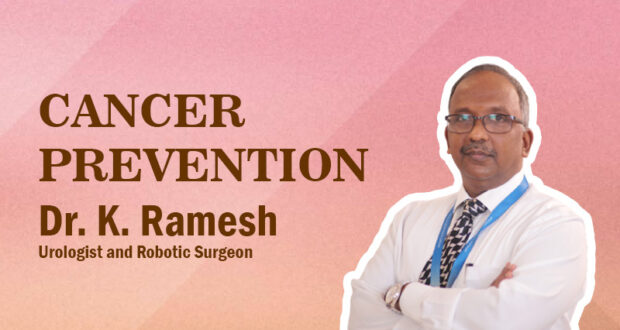If you have recently been diagnosed with cancer, you may be feeling overwhelmed and uncertain about what to do next. Many patients find themselves struggling with cancer diagnosis, and there is no single right way to cope. This blog is designed to help you find the resources and support you need to cope with cancer diagnosis and move forward with your life.
When you are first diagnosed with cancer, it can be a shock. You may feel scared, alone, and not sure what to do. It is important to remember that you are not alone.
Cancer is a leading cause of death worldwide, with over 18 million new cases diagnosed each year. Early detection and prevention are key to reducing the number of cancer deaths.
- Screening tests can help find cancer early, when it is easier to treat. Experts recommend that women of average risk of breast cancer have a mammogram every year beginning at age 40. Women at high risk of breast cancer, such as those with a family history of the disease, may need to start mammograms earlier.
- Cervical cancer can be prevented with regular screening and vaccination. The HPV vaccine is recommended for all girls and young women aged 11 to 26.
- Family history is an important risk factor for many types of cancer. If you have a family member with cancer, you may be at increased risk. Genetic counselling can help you understand your risk and make informed decisions about cancer prevention and screening.
- Self-examination is an important way to detect cancer early. Testicular cancer is most common in young men, so it is important to perform a self-examination monthly. Breast cancer can be detected through monthly self-examinations and annual mammograms.
- Regular exercise is a great way to reduce your risk of cancer. Exercise helps to maintain a healthy weight, which can reduce your risk of many types of cancer.
- Smoking is a major risk factor for cancer. If you smoke, quitting is the best way to reduce your risk. If you don’t smoke, don’t start.
- Alcohol consumption is also linked to an increased risk of cancer. If you choose to drink, do so in moderation.
- Protecting your skin from the sun is important in reducing your risk of skin cancer.
“Cancer is a difficult thing to deal with, both emotionally and physically. It’s important to express your feelings and talk to friends and family or a support group. Try to focus on wellness and staying healthy. Don’t blame yourself if things are tough. There are ways to relax, like meditation or relaxation exercises. And being active and doing things you enjoy can also help. Developing a sense of control can be helpful too.” Dr. K. Ramesh – Senior Consultant Urologist and Robotic Surgeon, Apollo Main Hospital, Chennai.
Coping with cancer diagnosis
There are many people who have been through this before and there are many resources available to help you. Here are some tips for coping with your cancer diagnosis:
- One of the best things you can do for your health after a cancer diagnosis is to exercise regularly. Exercise has been shown to help people cope with cancer in a number of ways. For example, exercise can help reduce fatigue, improve your mood, and boost your immune system. It can also help you sleep better and manage your weight. If you’re not used to exercising, start slow and build up gradually. Aim for at least 30 minutes of moderate-intensity exercise on most days of the week.
- Stop taking drugs/alcohol/cigarette for stress. This may seem like an obvious one, but it is important to avoid any substances that could further damage your health.
- Have adequate sleep. It is important to get enough rest so that your body can heal and recover.
- Don’t over work. You may be tempted to try and work through your stress, but it is important to take some time for yourself.
- Eat healthy, take adequate vegetables. A healthy diet will help your body to function at its best. Make sure to include plenty of vegetables in your diet.
- Don’t skip your doctor’s appointment. It is important to keep up with your medical appointments so that your doctor can monitor your progress and make any necessary changes to your treatment plan.
Cancer is a difficult diagnosis to cope with, but there are ways to manage the stress and anxiety. There is no one-size-fits-all approach to coping with cancer, so at Ashvin Clinics we find what works best for you. There are many resources available to help you cope with cancer, so don’t hesitate to ask for help. Call 8925936664 to fix appointment with Dr. K. Ramesh.
 Urologist in Chennai | Robotic Urologist in India | Chennai Urology
Urologist in Chennai | Robotic Urologist in India | Chennai Urology

